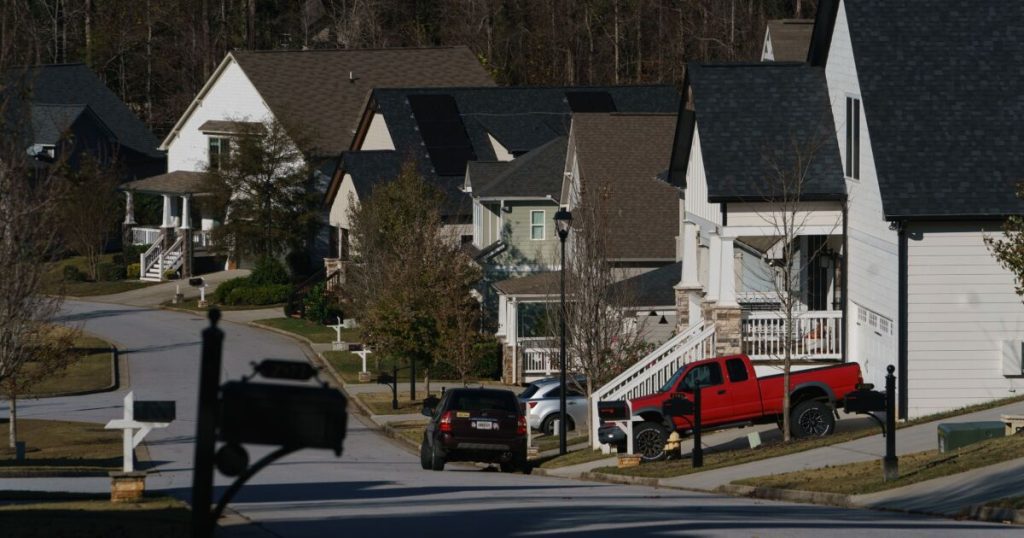Study finds low trust scores for auto and home insurers

Auto and home insurance policyholders distrust many insurance companies, according to new research by Forrester.
Based on a survey of 10,000 U.S. financial services customers conducted from March to May 2022, no insurer ranked higher than a moderate level of trust, measured by scores between 65 to 74 out of a possible 100 points. The survey sought customers’ views in seven categories about their trust in 12 of the most popular insurance companies. USAA held the top score with 73.6, with six other insurers scoring above an industry average of 62.7. The rest of the top scorers were, in order: Nationwide, Erie Insurance, AAA, State Farm, Farmers Insurance and Allstate. Forrester calls the range of 55 to 64 “weak,” and 54 or below, “very weak.” Of the rest of the insurers ranked, Progressive scored lowest with 58.
The seven categories, or “levers of trust,” as Forrester calls them, are accountability, competence, consistency, dependability, empathy, integrity and transparency. In insurance, accountability, dependability and empathy are the most important levers, according to Alyson Clarke, principal analyst at Forrester and co-author of the survey, titled “The U.S. Financial Services Customer Trust Index Rankings, 2022.”
“Empathy plays a very big role normally, particularly during an economic downturn,” she said. “That’s the area that auto and home insurers need to think about. The brands at the top of the list, particularly USAA, are firms that have shared mission factors. They’re there to support their members. Compare that to some of the insurers at the bottom. Progressive came out with a very strong loss ratio, which possibly indicates they did a very good job denying claims.”
Clarke pointed to remarks made by Dave Pratt, property general manager at Progressive, in the company’s Q2 earnings call in August, about “passing on price increases as a result of increased claims. That can very much impact trust for auto and home insurance.”
Trust correlates to revenue for insurers, Clarke emphasized. In the survey, 90% of customers who said they had high trust in a company will continue engaging with that company. “With customers that have high trust in firms, there’s more likelihood of them doing things that we know drive revenue, like recommending to family and friends, purchasing coverage from the company again, and using additional products,” she said. Of customers who said they had low trust in a company, only 40% or less said they were willing to engage in these revenue-generating behaviors.
Forrester’s survey is intended to show insurers what drives customer trust, how to measure that trust and how to address deficiencies, according to Clarke. Improving empathy with customers is the area with the most potential for improving trust, she added. “In fact, empathy is the one they do the least well at.”
Insurers can build programs to help employees respond actively, with empathy, to customer concerns, Clarke observed. “You might want to measure where the customers believe your firm understands their feelings and needs, and cares about their financial wellness,” she said.
Improving trust, Clarke added, requires an enterprise-wide strategy. “It needs someone looking at the data and understanding what’s going on, then building the right program to move the needle,” she said. “It is not just saying you’re trustworthy.”



